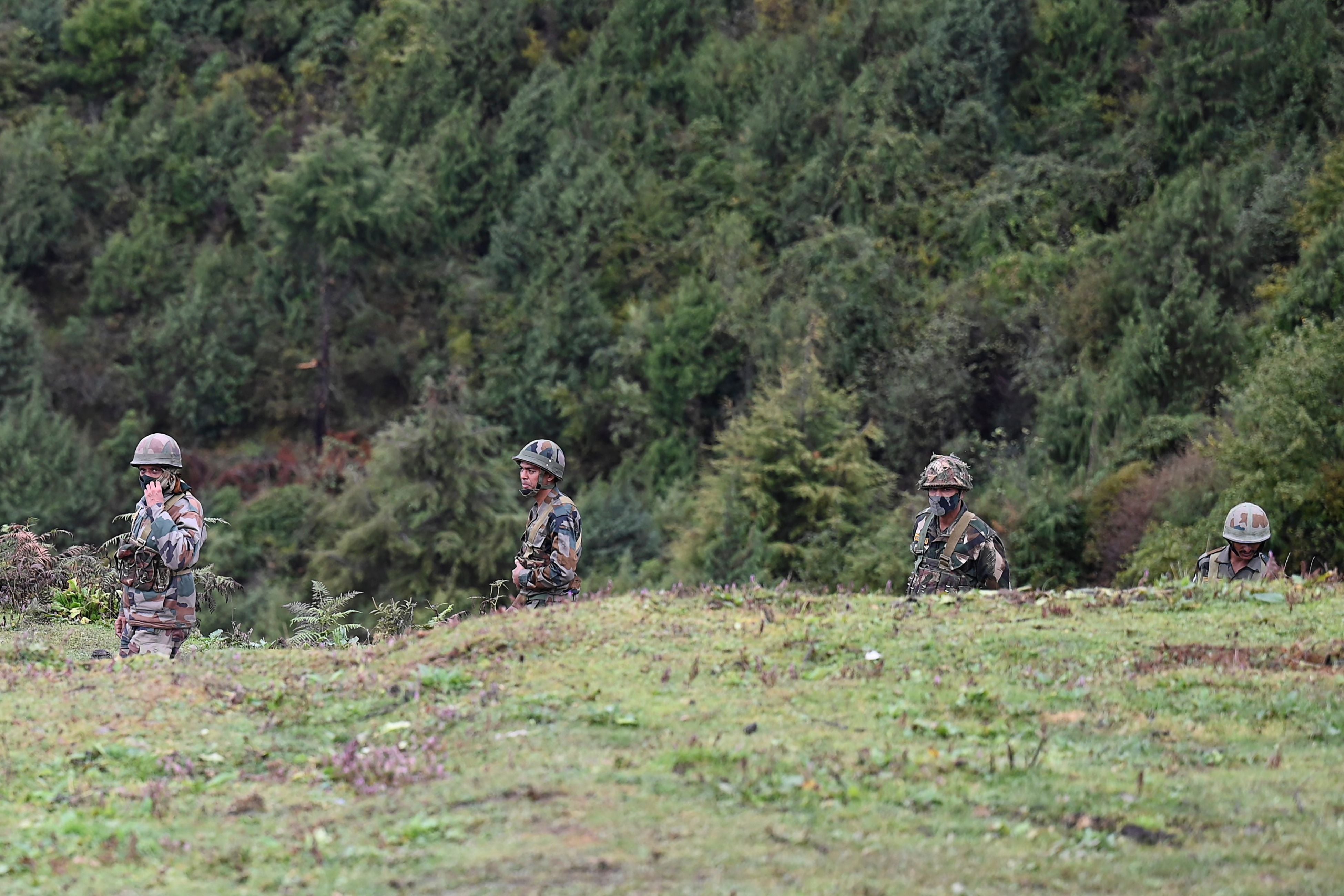Indian government extends controversial anti-terror law for six more months
Decision comes days after ministers set-up a panel to review the removal of the law

Your support helps us to tell the story
From reproductive rights to climate change to Big Tech, The Independent is on the ground when the story is developing. Whether it's investigating the financials of Elon Musk's pro-Trump PAC or producing our latest documentary, 'The A Word', which shines a light on the American women fighting for reproductive rights, we know how important it is to parse out the facts from the messaging.
At such a critical moment in US history, we need reporters on the ground. Your donation allows us to keep sending journalists to speak to both sides of the story.
The Independent is trusted by Americans across the entire political spectrum. And unlike many other quality news outlets, we choose not to lock Americans out of our reporting and analysis with paywalls. We believe quality journalism should be available to everyone, paid for by those who can afford it.
Your support makes all the difference.The Indian government has declared the northeastern state of Nagaland a “disturbed and dangerous” area as it extended the controversial Armed Forces Special Powers Act (AFSPA) in the state by another six months.
Under this law, military personnel are given sweeping powers to conduct operations and arrest anyone without a prior warrant. The legislation also gives armed forces immunity from prosecution if they shoot someone dead.
Issuing the notification on Thursday, the federal home ministry said: “The central government is of the opinion that the area comprising the whole of the State of Nagaland is in such a disturbed and dangerous condition that the use of armed forces in aid of the civil power is necessary.”
It declared Nagaland to be a “disturbed area”. The act will be extended the Act until 30 June 2022.
The government’s decision came at a time when the Indian Army is conducting an inquiry into an ambush in Mon district earlier this month, in which at least 14 civilians were killed.
It also follows close on the heels of the government’s decision to form a seven-member committee to study the removal of the controversial anti-terror law from the region, reported The Times of India.
The panel, set up on 23 December amid anger in Nagaland over the killings in Mon, is headed by Vivek Joshi, the registrar general and census commissioner of India, and is expected to submit its report in three months.
Protests have been ongoing in Nagaland ever since the army killed civilians in Mon after mistaking them for insurgents.
The controversial law has been in force not just in the state of Nagaland but also in Manipur, Assam, parts of Arunachal Pradesh, and Jammu and Kashmir for decades.



Join our commenting forum
Join thought-provoking conversations, follow other Independent readers and see their replies
Comments